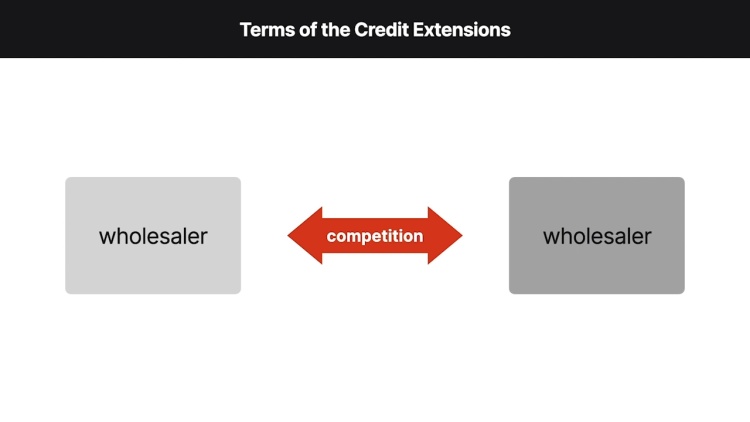Catalano, Inc. v. Target Sales, Inc.
United States Supreme Court
446 U.S. 643, 100 S.Ct. 1925, 64 L.Ed.2d 560 (1980)
- Written by Nicholas Decoster, JD
Facts
In 1967, a group of competing beer wholesalers (defendants) simultaneously stopped supplying interest-free credit that had formerly been granted to beer retailers. Previously, beer retailers had been able to place orders for beer on interest-free credit for up to 42 days before making payment. Prior to extinguishing the practice, the terms of such credit extensions had been a form of competition among beer wholesalers, and the credit terms between individual beer wholesalers and beer retailers tended to differ considerably. Believing that the beer wholesalers’ mutual decision to stop extending credit constituted an anticompetitive agreement in violation of antitrust law, a group of beer retailers (plaintiff) brought a lawsuit against the beer wholesalers. The beer retailers then made a motion to declare the beer wholesalers’ conduct a per se violation, but the district court denied the motion, holding that an agreement between competitors to fix credit terms is not a per se violation of antitrust law. The court of appeals affirmed the decision of the district court. The beer retailers appealed the decision, maintaining that the beer wholesalers’ actions constituted a per se antitrust violation as a form of price fixing.
Rule of Law
Issue
Holding and Reasoning (Per curiam)
What to do next…
Here's why 907,000 law students have relied on our case briefs:
- Written by law professors and practitioners, not other law students. 47,100 briefs, keyed to 996 casebooks. Top-notch customer support.
- The right amount of information, includes the facts, issues, rule of law, holding and reasoning, and any concurrences and dissents.
- Access in your classes, works on your mobile and tablet. Massive library of related video lessons and high quality multiple-choice questions.
- Easy to use, uniform format for every case brief. Written in plain English, not in legalese. Our briefs summarize and simplify; they don’t just repeat the court’s language.





